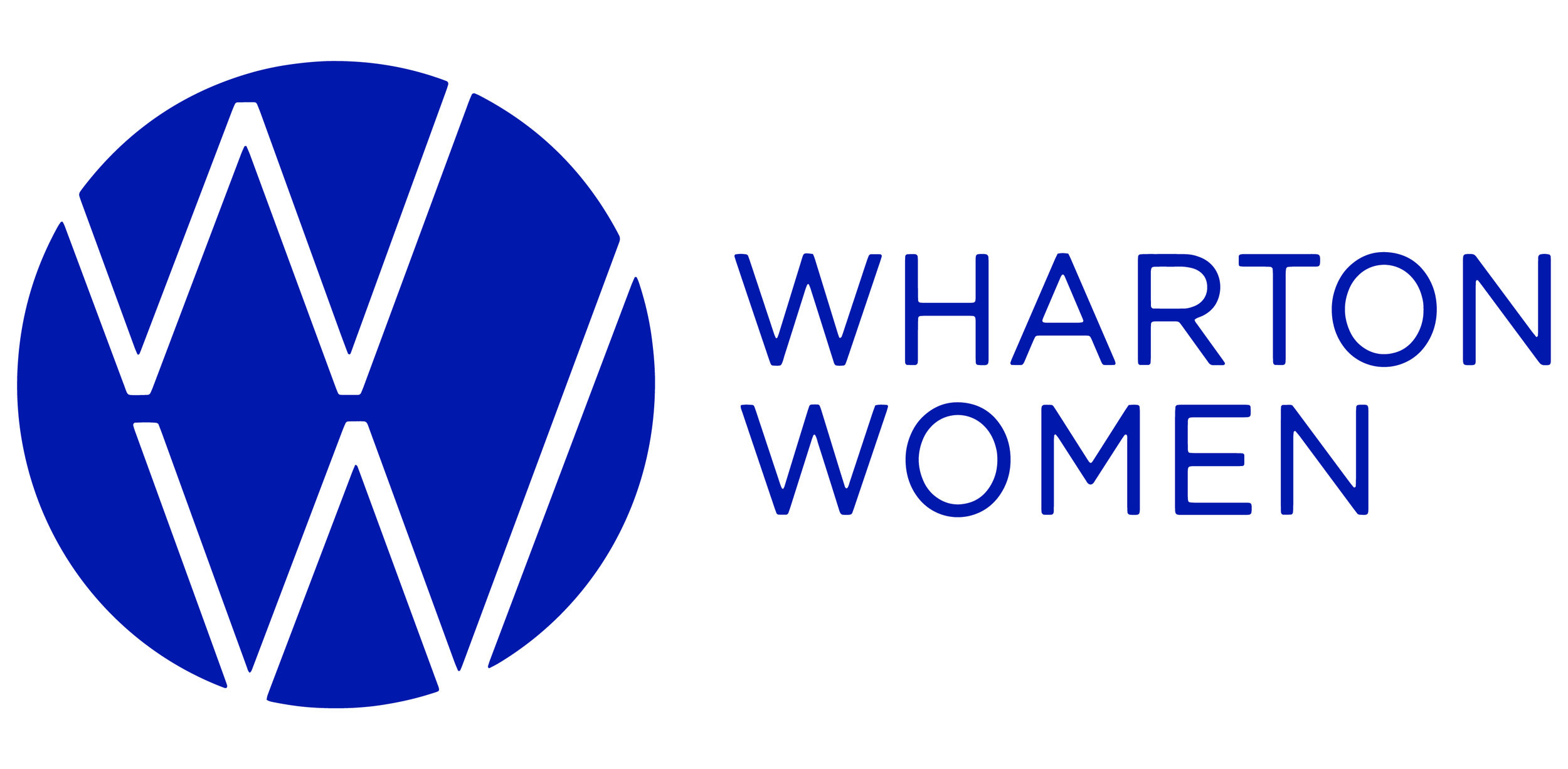Brianna Mariolle W'13
Email: brianna.mariolle@gmail.com
What did you study and when did you graduate?
I graduated from Wharton in 2013. I was a triple concentration in finance, risk management, and OIDD (OPEM).
What were you involved in on campus?
I was involved in Wharton Women and some finance clubs. The one I was most active in and served as President for was called More Than Pennies, a student-run organization that worked with the Penn dining hall caterers to bring food to the homeless once a month.
What was your favorite part of Penn/Wharton?
I loved Penn! It was the perfect school for me. I really enjoyed the classes; I loved finance and numbers and I found behavioral finance classes fascinating in how they blended psychology and economics. It was also really wonderful being around so many other people who were ambitious and brought cool, new ideas. Penn was a big enough school that you were constantly meeting new and interesting people but not so big that you did not recognize people.
What advice do you wish you had known when you were an undergraduate?
Do not be afraid to ask questions, especially when you are first starting out. Everyone was so pre-professional, arriving at Penn with a career in mind. I think that is admirable, but when I first showed up, I did not know what I wanted to do or even what a lot of areas entailed. I wish I had started asking questions sooner.
What do you do now and where are you based?
I am a financial advisor in the Bay Area. After graduation, I went to Morgan Stanley, working in risk management in Midtown New York for a few years. My partner and I decided to move to California where I accepted a job with a wealth management firm. I just switched companies within the industry a month ago.
What does risk management involve?
In risk management, you work with the bankers. The bankers are the ones finding business and making deals happen while risk management involves assessing the deals and trying to figure out whether or not they are good ideas. We would get involved with any type of business Morgan Stanley did that involved potentially losing money or could present reputational risk. We assessed the financial stability of the counterparty, considered what kind of terms we could offer, and would follow up and track the financial transactions over time. You still do financial analysis but do not have the same level of hours.
For example, one of the industries I focused on was healthcare, specifically hospitals and senior living facilities. It was most common for a senior living facility to request a loan. My job would be to look at the proposal and see if they would be able to pay us back based upon reviewing their financials and the state of their industry. We could lend to anyone who generated revenue: states, cities, schools, companies, etc.
How has being a woman affected your career trajectory, if it has?
I do not think it has affected my career trajectory specifically. I have always felt as if I received promotions when I deserved them and not felt that my male counterparts were advantaged. The challenge of being a woman in finance is dealing with being a minority in your field, and depending on the specific area you go into, an extreme minority. People assume that you were only hired because you are a woman and not because you are competent. I have experienced instances of people being explicitly impolite or inappropriate, but I mostly have to contend with the subtle, unintentional sexism that can grind on you over time. While I do not believe being a woman has negatively affected my career, I think that you need a lot of mental fortitude to be a woman, or any kind of minority, in finance.
What has been the biggest challenge of your career?
Every time that I have changed companies or pivoted my career it has been the right decision, but when I look back on it, I should have done it sooner. I always knew sooner than I necessarily wanted to admit that it was time to make that move. It is easy to get trapped in the mentality that if you wait longer, things will change. Being honest with yourself is hard.
When do you know it is the right time?
I would reach a point where the current company/position was not going to help me reach that next level in my career. Once you have realized that you are not going to accomplish what you want, immediately start those actions that will segway into your next career move.
What advice do you have for our members as they begin exploring careers and internships?
Join all the clubs you might be interested in. As you figure out that you are not interested, you can scale it back easily. Get on listservs and see the events that interest you or that you don’t know anything about. I explored risk management by finding and going to banks’ risk management info session nights.
What is your advice for recruiting?
Companies can look at your resume, see your classes, and know that you have a base level of competency. When you are in the interview, show that you have the personal skills. People want to work with people that they get along with and that makes sense. You only have a limited amount of time to pick your co-workers, people that you honestly spend more time with than you do your significant other. The person interviewing you is not only testing your competency but looking for fit. Seek to build a small, but real, personal connection during that small window of exposure.
What is your favorite book or movie?
My favorite book is “Pride and Prejudice” and I love the 1995 BBC miniseries, so beautifully cast and they stick to the story.
